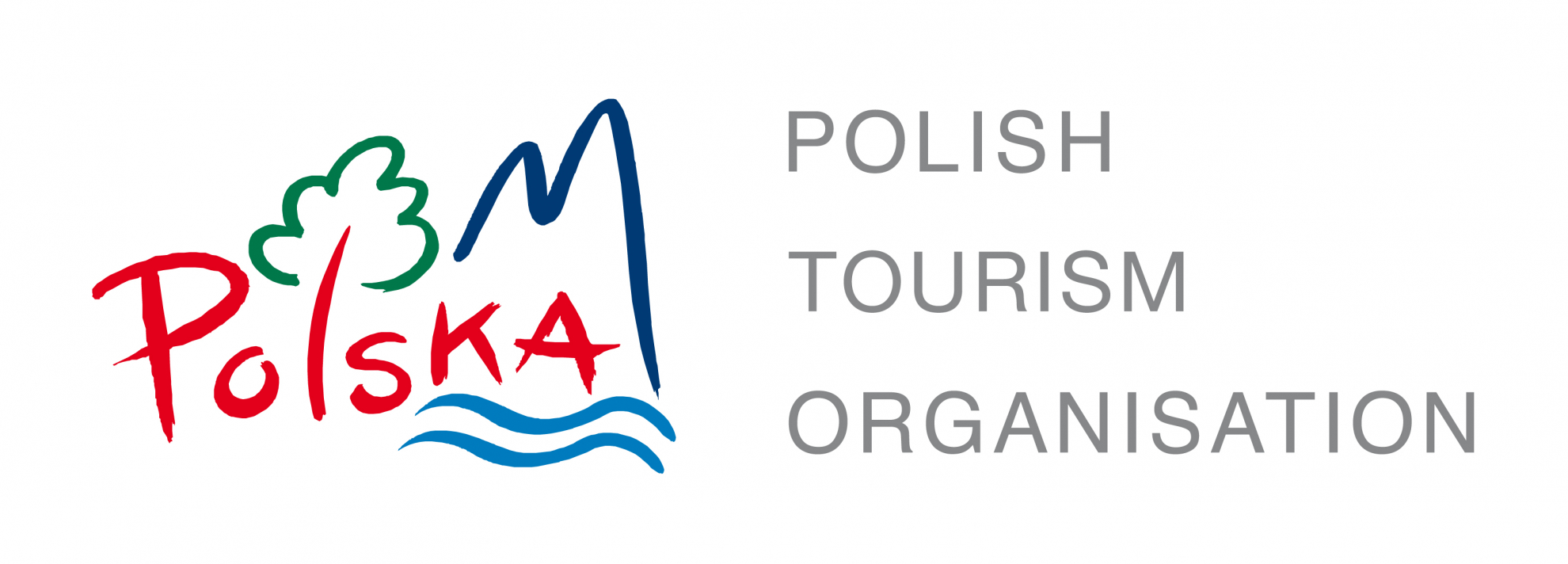Zamosc was founded in the 16th century by the chancellor Jan Zamoysky on the trade route linking western and northern Europe with the Black Sea. Modelled on Italian theories of the 'ideal city' and built by the architect Bernando Morando, a native of Padua, Zamosc is a perfect example of a late-16th-century Renaissance town. It has retained its original layout and fortifications and a large number of buildings that combine Italian and central European architectural traditions.
The Great Market impresses with its dimensions (100x100 metres) and exceptionally beautiful houses, with vaulted arcades at the ground level and rich attics in the finials. The northern frontage of the Market is made up of several Armenian houses (now seat of the Zamość Museum) and the structure of the townhall with a tall tower (51 metres) and characteristic staircase, added in the second half of the 18th century. From the south and north sides of the main square there are also smaller markets: the Salt and Water ones. In the neighbourhood of the palace there are three grand edifices: the Zamość Academy, the Arsenal and the Collegiate Church with the Zamoyski family mausoleum.


 Térkép:
Térkép:
